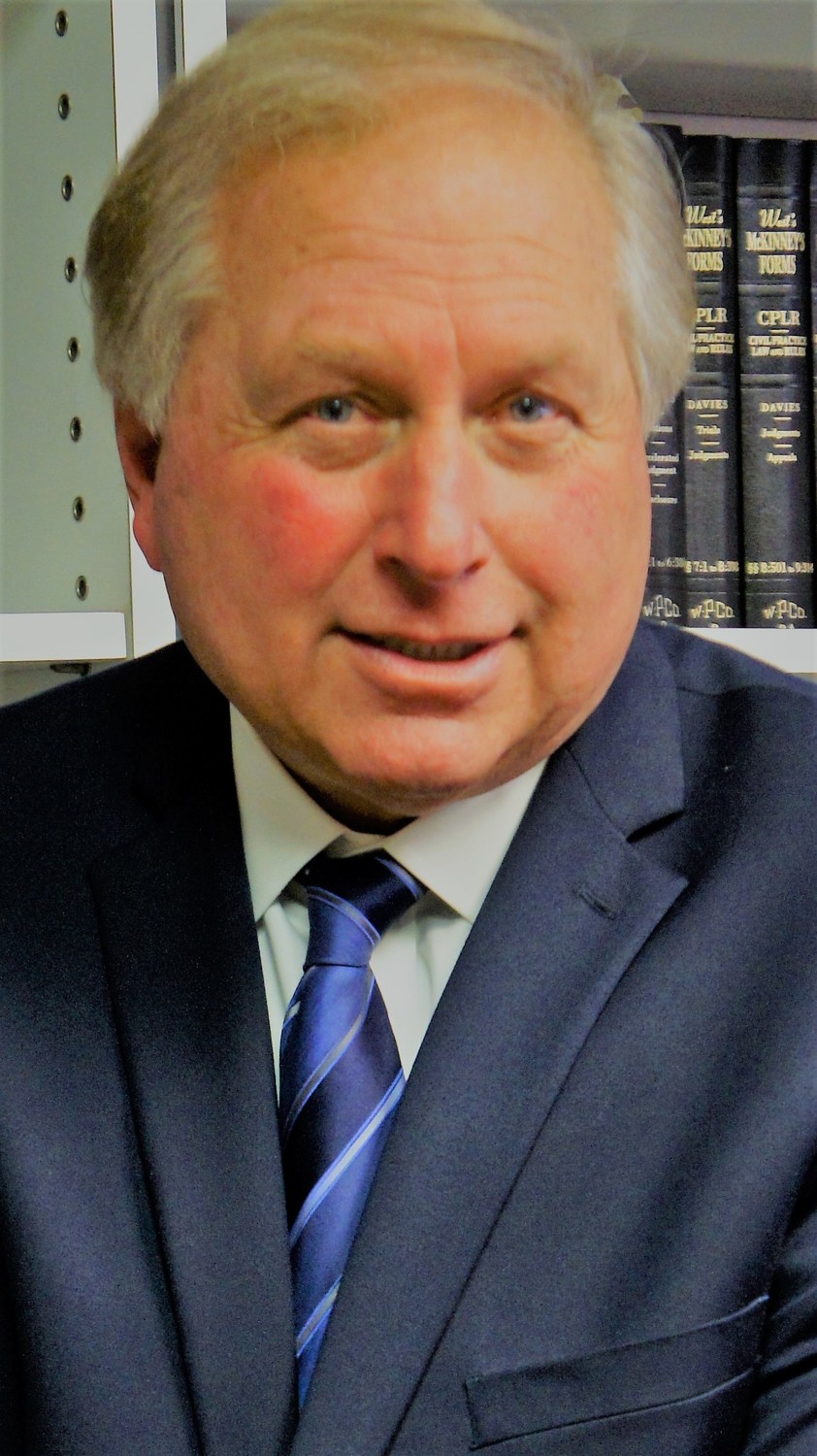What Victims Should Know about the Rvc Diocese’s Compensation Fund
By Mitchell J. Birzon
There has been much written recently about the establishment of the Diocese of Rockville Centre’s Independent Reconciliation and Compensation Program, created specifically to compensate survivors of sexual abuse by their clergy. That’s no surprise. This is a big announcement, as it literally gives certain victims what may be their last chance to file a claim. However, clergy abuse, and the law and emotions that surround it, can be extremely complex and difficult to understand. With that in mind, what follows are eight simple keys to understanding this IRCP if you, or someone you know, is a victim: Time is of the essence! The diocese announced the fund’s establishment on Oct. 16 and is offering a small window for victims to file a claim. Phase One of the program, which began with the announcement, is open to individuals who have previously notified the diocese of abuse perpetrated against them by members of the clergy. Those victims have until the end of the year to file a claim. Phase Two will include any person alleging sexual abuse that was not previously reported. It will begin in early 2018 and will be open for a few months. Any person — male or female — who, as a minor, was sexually abused by a bishop, priest or deacon in the diocese at any time, may be eligible to participate in the fund. The law has previously prohibited any claims after the victim has reached the age of 23. That restriction does not apply to the IRCP. For many victims, because of the state’s statute of limitations, there is no certainty that they will ever have another chance to file a claim. It’s important to reject many common fallacies about this type of abuse. Victims have been led to believe that there is no abuse if sexual contact that began when they were a minor continued beyond the age of consent, if they were “old enough to resist,” or if they otherwise gave an indication that they were willing participants. Others believe that they have no claim because their abuser has left the clergy, been transferred, or died. None of those factors excuse sexual contact of any kind before the age of 18 or disqualify a victim from this program. Victims often think they are alone. Compensation funds created in neighboring dioceses have already paid hundreds of victims, and this program is expected to yield similar results. There are many, many victims. In 2002, the diocese set aside $11 million for victims. While some payments have likely been made from that fund, the IRCP should be extremely well-funded. The diocese is undoubtedly prepared to make large payments. Participating in the IRCP is every victim’s right. However, it’s important to note that it is, in no way, disloyal or disrespectful to the Catholic Church or the priesthood. Remember, the IRCP is a voluntary program created by the church — not by the courts. The diocese is clear that Bishop John O. Barres is implementing this voluntary program to promote healing and continue its ongoing commitment to protect children. “As your Shepherd, I am asking all of us together to take a new and important step in the Church’s Eucharistic Mission of Mercy,” Bishop Barres has said. “With this program we are making a major commitment to the ongoing healing of survivors of acts of child sexual abuse committed by clergy.” Despite the fact that the diocese created the program, decisions of eligibility will not be made by members of the clergy. The IRCP will be administered by a group of highly respected independent arbitrators with oversight provided by an esteemed panel of lawyers, judges and psychologists. The diocese has created a mechanism to participate through online claims. While all victims have the right to avail themselves of that service, it is never a good idea to begin an undertaking of this importance without the representation of a lawyer specializing in similar matters. A good lawyer will protect a victim’s rights, privacy and dignity. The lifelong impact of clergy abuse on its victims cannot be overstated. For many victims, the truth is very difficult to admit and confront. This IRCP is designed to ease that process and the eight tips above will help you understand a few of its intricacies. If you are a victim, or if you’re unsure, now is the time to contact a reputable attorney to help you through the process.
|
.
Any original material on these pages is copyright © BishopAccountability.org 2004. Reproduce freely with attribution.
